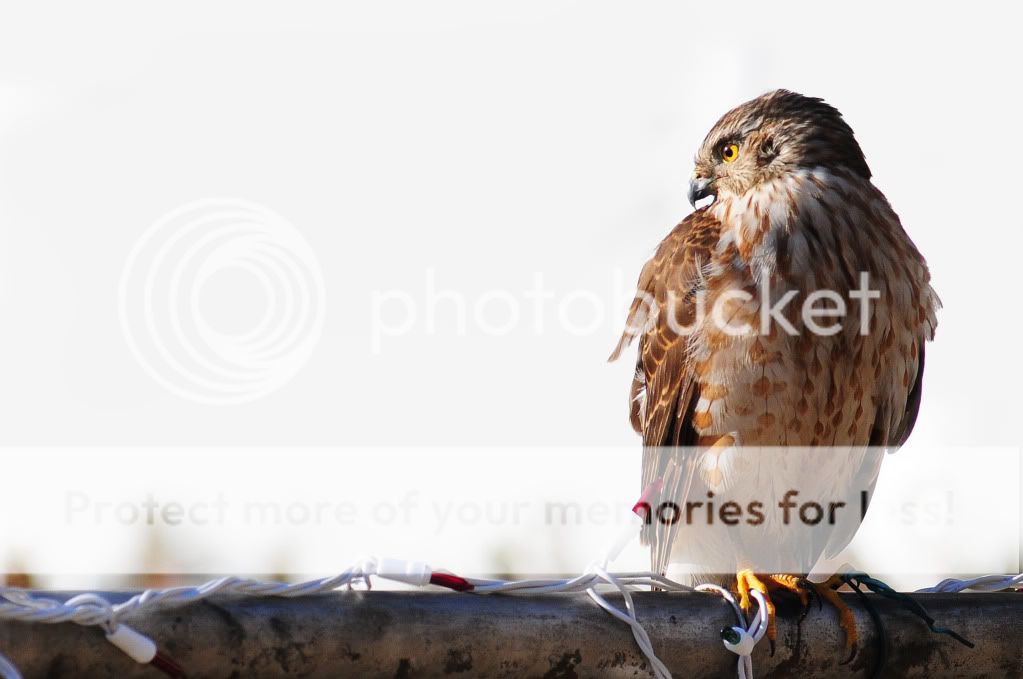I think the argument about primes held a lot more weight in the older days when zooms really were, at a technical level, worse than primes for performance.
Well, thats actually still true, since the laws of optics havent decided to change since then.
But if you spend enough effort and dont oppose a lot of glass and weight, zooms can be as good as primes in most respects. Say a 2000$ Nikon Nikkor 70-200mm f/2.8 VRII will get close to the 500$ Nikkor 85mm f/1.8. You still wont get the apertures of primes, though. And the zoom will be substantly larger and heavier.
These days we've amazing zooms which can perform fantastically well - well enough that they significantly reduce the advantage of primes (at a technical level).
I dont understand enough about lens design to know if there was ever any "new enlightenment" about zoom design, like there was with the
double-gauss lens for prime lenses. I think computers helped a lot, first to compute better lens constructions, and then to automatize the production.
But I would like to point out that prime lenses are still, well, "dirt cheap" compared to zoom lenses, and also much lighter and shorter. Ultimate quality glass, like for medium format, is still primes.
Also don't forget many that advocate primes grew up with primes
I'm photographing since 4 years and I have a DSLR since 2 months, and I already quite love prime lenses.
Just as many dislike the angles of view that crop sensors give
Thats however something I cant agree with. The "full frame" sensor was chosen arbitrarily, the crop factors are arbitrary as well, and medium format and large format dont even refer to any specific sensor size in the first place. So its really all pretty random. What sensor size do you want to have today ?
Also, if you double the size of the sensor, you have four times the sensor area, but you also have eight times the size and weight of the optics. So at a certain point, you have to give up and stop letting the optics grow with the sensor, resulting in much less light on your sensor.
And there is the effect of depth of field. Certainly, we can all agree we want some of that - its a very popular element to photography in general. However, depth of field can get so small that I've seen portraits where one eye was in focus, while the other was blurred. So at a certain point you're also forced to introduce the view camera, or make shift/tilt the default for all your lenses, in order to avoid insanely closed apertures and still get enough light onto your sensor.
So, if somebody says "crop factors are crap", they are refering to a belief system, not to actual facts. Every camera is a compromise, and that definititely also includes sensor size.
Heck if you want you can always use a zoom like a prime, just don't touch the zoom control.
Thats a nice exercise for a photography beginner, but wont give the maximum aperture and the weight and size advantages of a prime.
camz said:
Well it probably means you will have faster glass...and what does that ultimately mean? Faster glass! :mrgreen:
I do agree that manufacturers need to make zooms faster
Not when you see the price you don't. You willing to pay $25,000 for a 24-70 f1.4?
More importantly, it will also be huge and impractically heavy in the first place, even if you could afford it.
[...] But, having a myriad of primes really makes you think about spacial compression and FOVs as well as DOF while you photograph. [...]
Having a myriad of lenses of any type is a bad idea.







![[No title]](/data/xfmg/thumbnail/31/31753-281132967af6a422c89bcc0d6f16499a.jpg?1734160473)






